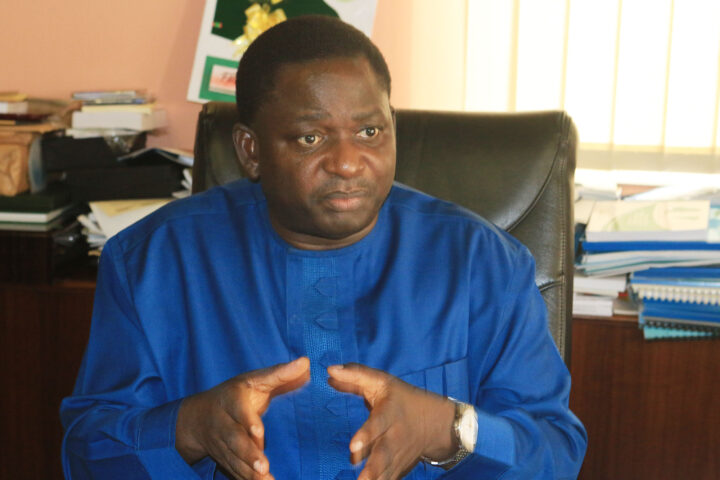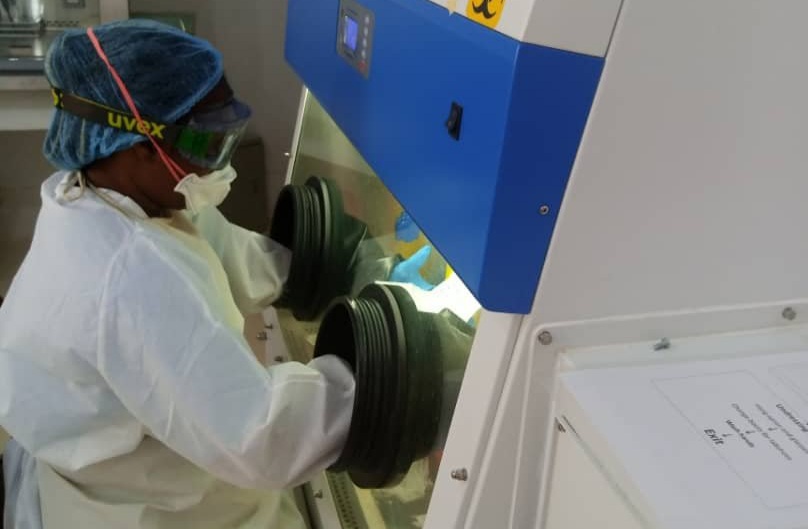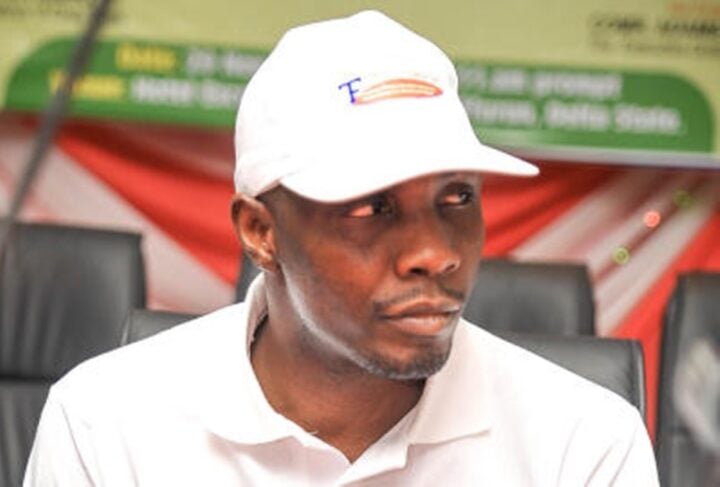The Society for Forensic Accounting and Fraud Prevention (SFAFP) says N2.5 trillion is lost yearly in Nigeria due to fraud and corruption.
At a virtual induction of 192 associates which held recently in Abuja, Iliyasu Gashinbaki, chairman of SFAFP, also disclosed that the loss in Africa to fraud and corruption is 25 percent of its budgeted public sector revenue.
According to Gashinbaki, the reason there is so much corruption in Africa is because institutional processes are weak.
“Internal control and internal processes are weak, impeding the growth of the institutions. Until we build strong institutions, corruption and fraud would continue to haunt African countries,” he said.
Advertisement
According to him, SFAFP is determined to change the course by refocusing on continuous institutional strengthening and capacity building of law enforcement agencies and key ministries, departments and agencies (MDAs).
“More strategic domestic and international partnerships shall be pursued and we will continue to build the capacity of SMEs and corporations in the areas of internal control processes and systems to ensure proper book keeping and regulatory compliance,” he added.
Gashinbaki noted that although Africa has shown the will to commit resources towards raising young professionals that will tackle fraud and corruption, the knowledge gap is huge and the financial system is becoming more complex because of artificial intelligence (AI), 5G, block chain, among others.
Advertisement
“These are all emerging technologies that are impacting on the practice of the accounting profession itself and forensic accountants will have to be on the cutting edge of knowledge acquisition to cope with the pace that is required for the changing needs of the business environment, needs of the regulatory and compliance frameworks of corporates and even government,” he said.
Gashinbaki added that to curb the rising cases of money laundering, terrorist financing and cybercrimes, SFAFP will start special professional development programmes by the end of the year, and it will continue to use technology-enabled online programmes.
Add a comment






